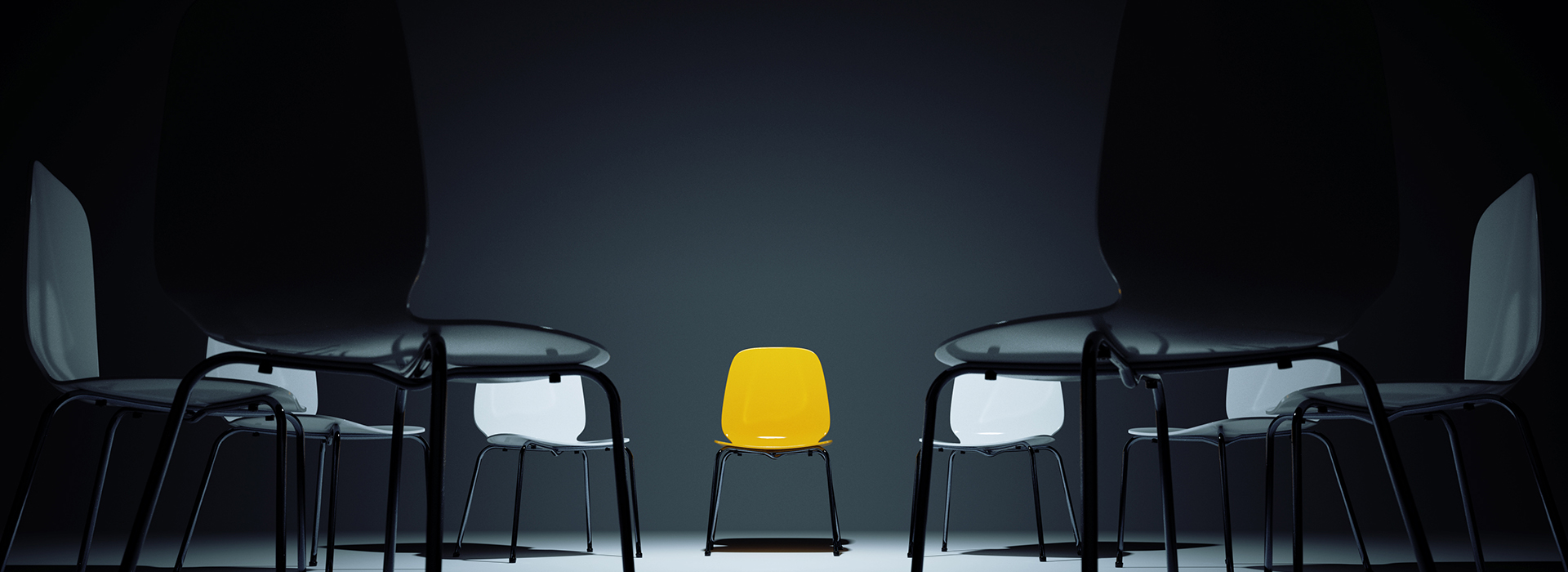When bias blocks diversity & inclusion
Most of us think of ourselves as
good people, but according to
social psychologist Dolly Chugh,
thinking in terms of dualities —
good vs. bad, “woke” vs. not — is
counterproductive. Few among us
want to hold unfair prejudices, but the
truth is, we all suffer from unconscious
biases. How can you fight your own
hidden prejudices and those of
others to better promote diversity and
inclusion within your teams?
Most corporate diversity programs don’t seem to be increasing diversity. After analyzing more than 800 companies in the United States over 31 years, sociologists Frank Dobbin and Alexandra Kalev found managers resisted Band-Aid diversity programs because they did not like having their decisions dictated to them.1 Yet today there is an urgency to make progress on this issue. To take examples from the recent past, in the late 1990s and early 2000s, Smith Barney and Merrill Lynch paid more than $100 million each to settle sex discrimination claims. In 2013, Bank of America Merrill Lynch settled a race discrimination suit for $160 million. Cases like these, over a 15-year period, put Merrill’s total payout at nearly half a billion dollars. Even more than potential punitive damages, however, the most important reason to promote diversity are the numerous proven benefits of diverse teams, including higher innovation capacity, employee retention, and financial performance.
Are you just a “believer” or a true “builder”?
Author Dolly Chugh notes that many people say they wish to promote diversity and think of themselves as good people (being a “believer” in her parlance), and yet everyone still sometimes behave in ways that do not meet these standards. When challenged in our self-image (as a “good” person, for example), we tend to feel threatened and thus adopt a defensive posture that hinders us even further from being “the person we mean to be.” Chugh suggests that we recognize that such binary ways of viewing the world (good vs. bad) is faulty. We are all operating on a continuum and, instead of juding ourselves and others, which tends to make us feel defensive, we should try to adopt a learning mindset when confronted with situations that make us uncomfortable. This is what it takes to become what Chugh calls a “builder.”
Test your culture: auditing unconscious biases with your teams
A good place to start to learn about your biases is to take steps such as unconscious bias tests available online and auditing your contacts and social-media interactions for diversity levels (see box, “Test yourself!”). You can also ask yourself some simple questions. If you’re a product designer, who tests your products? What conferences do you attend? If you’re a physical therapist or doctor, how do your respond to complaints from patients, according to their gender or race?
Excerpt from Business Digest N°291, November 2018
© Copyright Business Digest - All rights reserved

